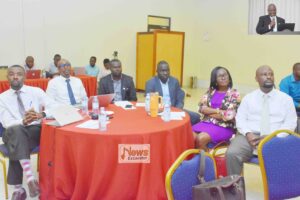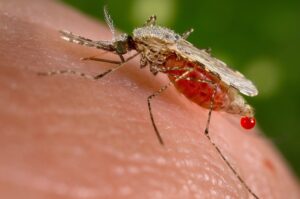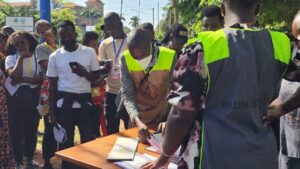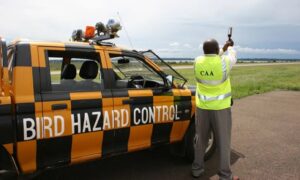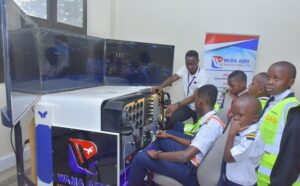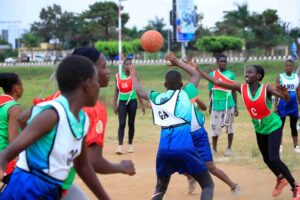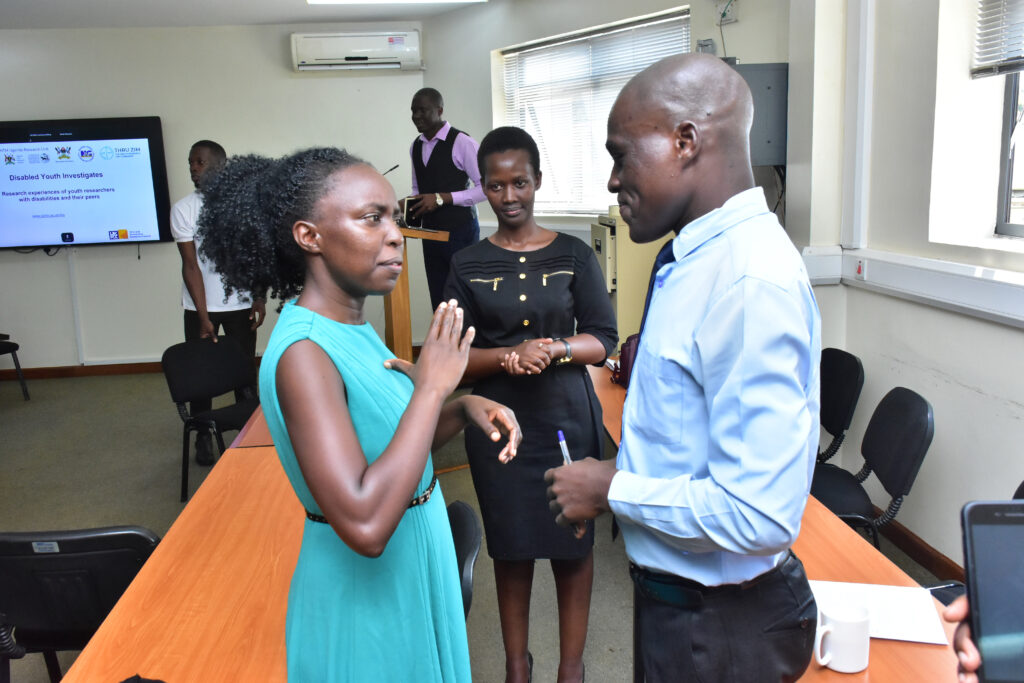
Ruth Najjuuko (left) interpreting for Tonny Agea (right) who has multiple disabilities and Naome Adong (centre) with hearing disability during the presentation of their findings at the Uganda Virus Research Institute in Entebbe municipality
Diana Kibuuka
The Medical Research Council/ Uganda Research Institute (MRC/UVRI)and London School of Hygiene Research Council, Zim Health unit in Zimbabwe, have embarked on breaking the barriers to making research, disability inclusive.
Fourteen youth with different youth disabilities went through a Six months training and One year mentoring program that shaped them into good researchers, with hopes of them carrying out quality research that is disability inclusive.
Funded by the Arts and Humanities Research Council / United Kingdom Research and Innovation, the collaborative study, ‘Disabled Youth Investigates: a co-creative research program’ sought to address the significant under representation of youth with disabilities in research, particularly in low and middle income countries.
With 12.4% of Uganda’s population living with a disability, it is crucial for research to reflect this demographic. The project piloted an innovative peer to peer support model for disability-inclusive research training, drawing from the successful Youth Research Academy and ‘Obuntu bulamu’ research programmes in Zimbabwe and Uganda.
The 14 youth research trainees aged between 18 – 30 years were paired with peers without disabilities, and they collected data from 30 other youths on social participation and research involvement. The youth researchers also facilitated knowledge exchange nationally and internationally, created impactful social media messages and developed a participatory film, highlighting the importance of inclusive research practices.
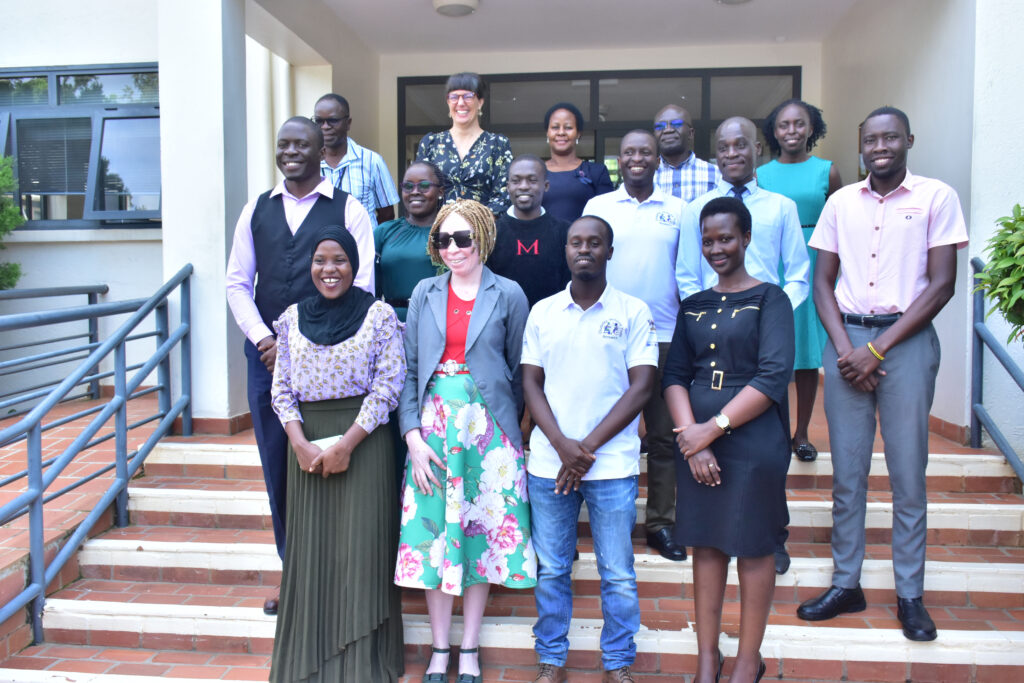
The project empowered youth with disabilities to lead and conduct research, proving their capability when provided with appropriate training and support.
“People still stigmatize and under estimate peole with disabilities,yet if provided with the right gears and proper working conditions, people with disabilities acan ably perform” Ronald Kamusiime a youth with total visual impairement.
Kamusiime adds that, organisations should embrace the new technologies that enable people with disabilities to also fully participate in the nations work spaces because they too have gone through the same education systems like the rests and thus can compete well on the job market especially with jobs that stand their disabilities.
Participants also noted that in the course of their data collection, it was easy for a disabled researcher to interview one of his or like, and get all the necessary information, unlike where a disabled person is interviewed by an able person.
‘It was really a pleasure because the person who interviewed me has cerebral palsy and I also live with it. I was able to interact with him freely’, Tonny Agea, a youth researcher with cerebral palsy and a hearing impairment.
Betty Akwii, a researcher with albinism, highlighted the mutual learning in the peer support model saying, learning from her peer as my peer learns from her, was an effective interaction because it made them feel having full control of the process.
Lilian Namukasa from the National Council of Persons with Disabilities, a partner in this project, pointed out that, the project has contributed to affirmative action in employment of persons with disabilities, following Uganda’s Employment Act, Disability Act and Building Control Act.’ – Six out of the 14 youth researchers were employed by the MRC/UVRI and LSHTM Uganda Research Unit at the end of the project, with two securing jobs elsewhere.
Dr Femke Bannink Mbazzi, Principal Investigator of the study and Head of the Disability Research Group at the Unit added that the project has not only built capacity of youth with disabilities but it has also changed the way people think about disability inclusion – “We have learned how best to include persons with disabilities as participants and staff”, she stated
Professor Moffat Nyirenda, Director of the MRC/UVRI and LSHTM Uganda Research Unit also noted that the youth have highly enriched their environment and MRC/UVRI centre, and challenged them in terms of understanding the importance of inclusion with a focus on disability but even in a wider context.
“Including youth with disabilities in research adds value to our studies and science… Having youth researchers with disabilities on board contributes towards changing stereotypes and improves inclusivity of people with disabilities in research”. Dr Herbert Muyinda, Co-Investigator and head of the Child Health and Development Centre at Makerere University.

